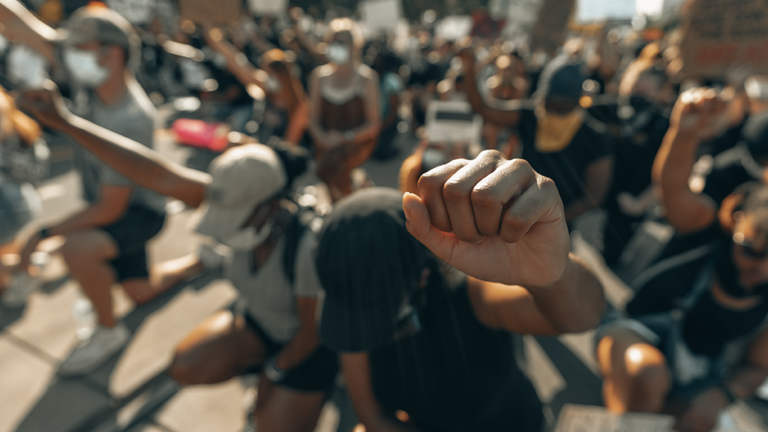Supreme Court Ends Affirmative Action Programs

June 30, 2023: The recent decision by the Supreme Court to invalidate affirmative action programs at Harvard and UNC-Chapel Hill may mark the beginning of a new phase in the ongoing battle over race in America. With a conservative majority on the Court, this ruling is part of a long-term effort to challenge the use of race in allocating state benefits. The decision signifies a shift from viewing affirmative action as objectionable to deeming it unconstitutional due to changes in the Court’s composition.
While some may see this decision as the conclusion of a conservative legal project underway since the 1980s, it could also pave the way for further undermining government and corporate efforts to address racial and ethnic disparities. The ruling could move the law in a more conservative direction and have legal and political consequences comparable to last year’s Roe v. Wade decision.
One likely consequence of this ruling is the invalidation of “disparate impact” rules, which allow plaintiffs to demonstrate discrimination by pointing to significant racial disparities. Conservative justices have targeted disparate impact laws for over a decade, and the recent ruling against race-based college admissions strengthens their position.
Dismissing these provisions would make the law less favorable for those facing discrimination from individuals who are careful not to display racist motives openly. Paradoxically, a race-blind approach by the Supreme Court would make it easier for others to discriminate, contradicting Chief Justice Roberts’ assertion that the way to end racial discrimination is by not discriminating based on race.
Moreover, this decision could disrupt laws addressing racially concentrated harms. If government action can be challenged not because it explicitly mentions race but because it aims to mitigate harm experienced by a specific racial group, it could cast doubt on many state and federal statutes designed to protect minority groups. For instance, laws protecting minority voters or addressing racial disparities in areas such as healthcare could face challenges under this ruling.
The reasons behind the Court’s direction can be attributed to the justices’ alignment with partisan interests, particularly the Republican Party. By targeting race-conscious policies as unconstitutional, the Court provides a legal framework for labeling policies that Republicans oppose as “woke” and, therefore, invalid. This would curtail the ability of Democrats to advance the interests of minority groups within their electoral coalition.
In summary, the Supreme Court’s decision to strike down affirmative
action programs mark not just the end of one chapter but the beginning of a new phase in the American struggle over race. It can potentially move the law in a more conservative direction, undermine efforts to address racial disparities, and set the stage for a new kind of political warfare. The repercussions of this decision could extend beyond university admissions and have far-reaching consequences for policies that seek to promote equality and justice.
































